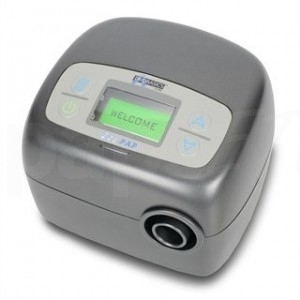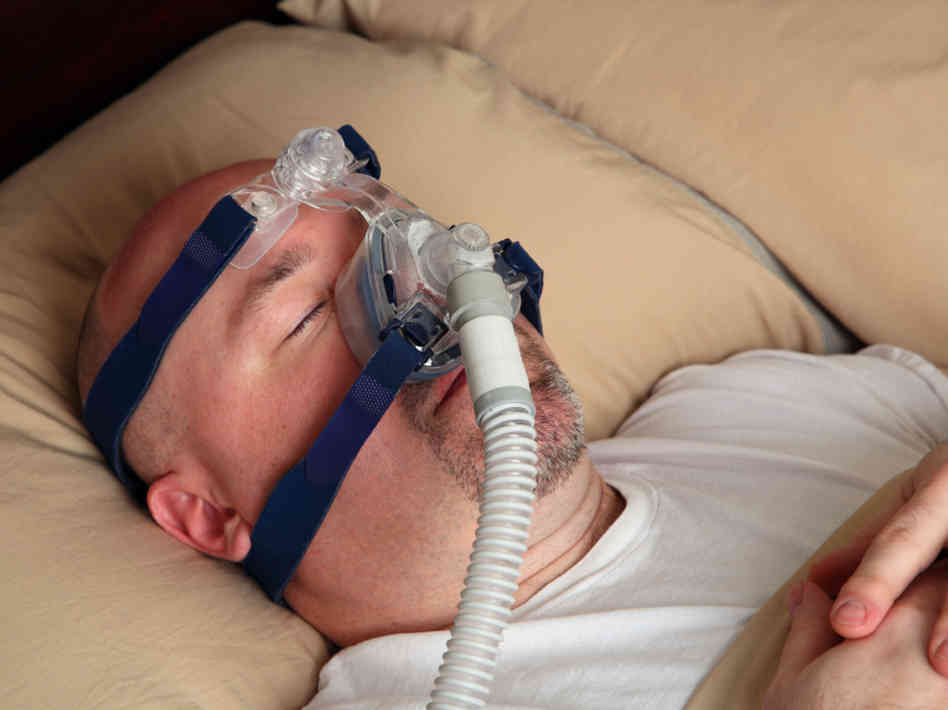BY NICOLE DIGIOSE
For people with sleep apnea, achieving a good night's rest can be difficult. Sleep apnea is a medical condition where the airway of the affected person closes off when they're in a relaxed state. Fortunately, a CPAP (Continuous Positive Airway Pressure) machine can help them sleep peacefully.

CPAP Machine. Image via cpapsetc.com.
How Do CPAP Machines work?
CPAP machines keep the person's airways open while they're asleep so their breathing is maintained. The continuous air flow being pumped into the breathing passages prevents them from closing. Before bed, a CPAP mask is placed on the face. These masks range from full-face masks to nasal masks, or prongs may be inserted into the nose. Connected to the mask is a six foot tube to the CPAP machine. The machine is equipped with a filter to remove impurities in the air, as well as a tank of distilled water so that humidification is added to the air.
A CPAP device requires sensors that assist in regulating pressure, flow rate, temperature, and humidity to create positive air pressure for the wearer. To avoid being uncomfortable, the pressure cannot be too great or too little.

The CPAP mask rests on the user's face throughout the night. Image via npr.org.
How Effective is the CPAP Machine?
Well, that depends on how often the CPAP machine is used. For positive results, the CPAP machine must be used every night, so it's important to use a comfortable mask. The mask delivering CPAP must have an effective seal and must rest securely on the wearer's face.
Advanced CPAP setups include humidifiers, heated hoses, and software. Design considerations include having a high-speed, low-power, highly-integrated microprocessor, and pressure sensors that can convert readings into differential signals to help the microprocessor regulate airflow output.
To view a list of CPAP Machine products on Mouser.com, such as amplifiers, clocks, digital isolators, sensors, and touch screen controllers, click here.
Advertisement
Learn more about Mouser Electronics





